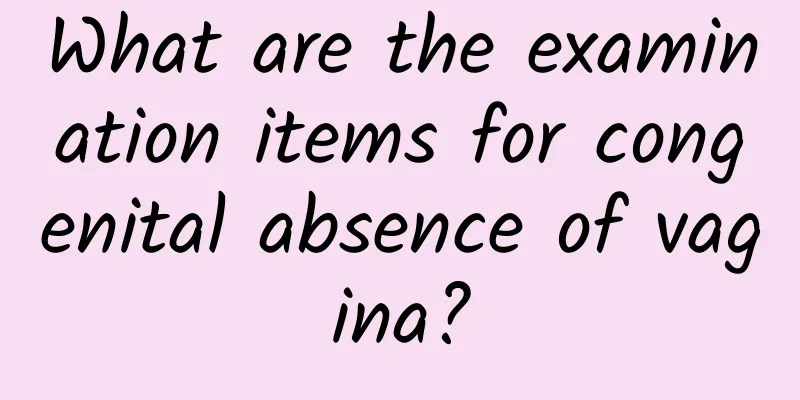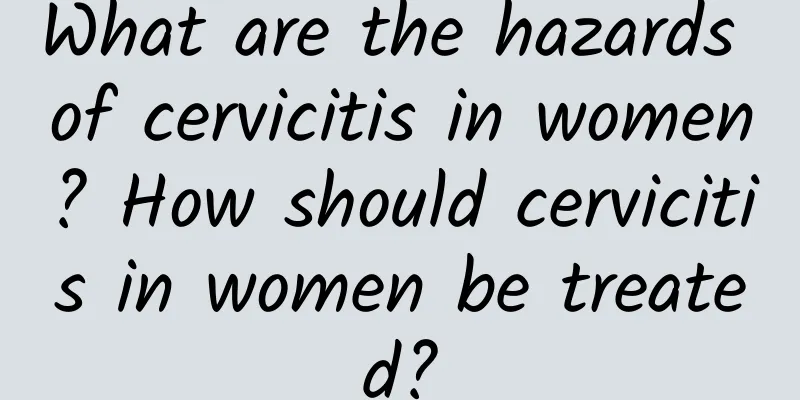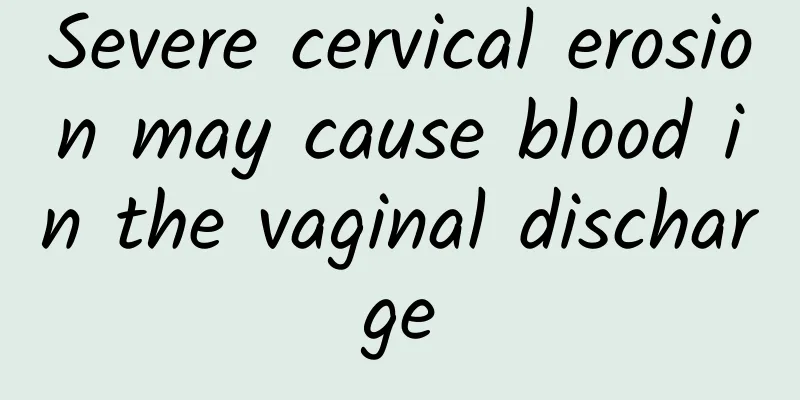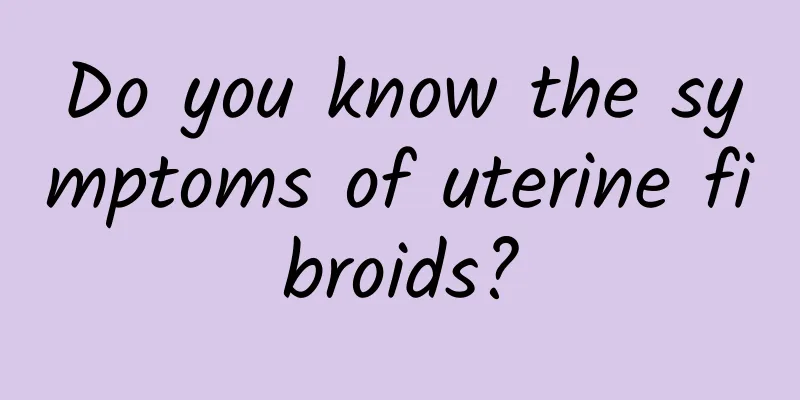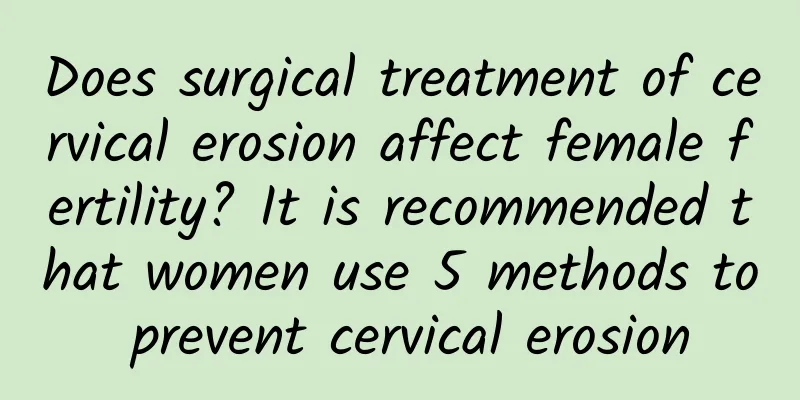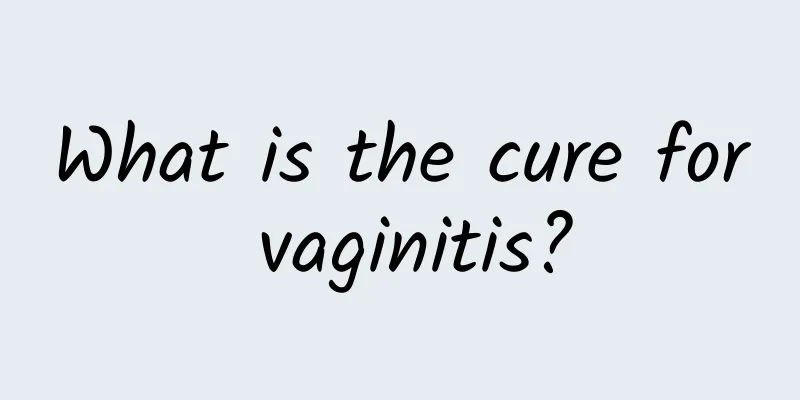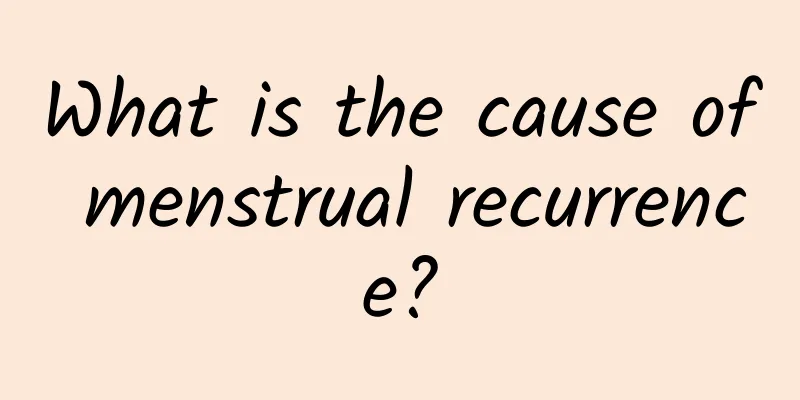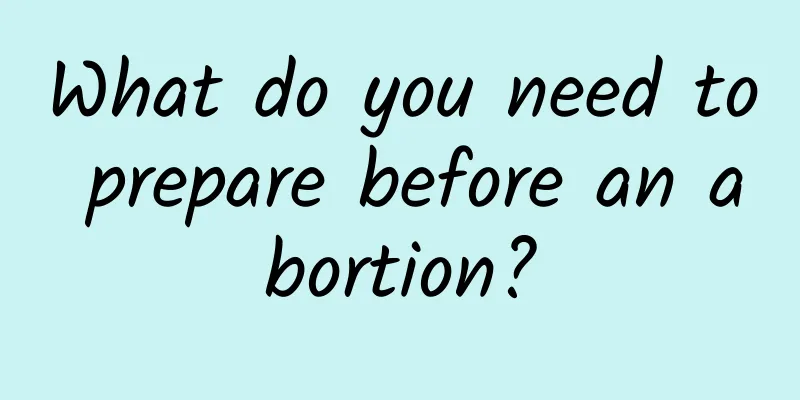What are the complications of ovarian cysts?
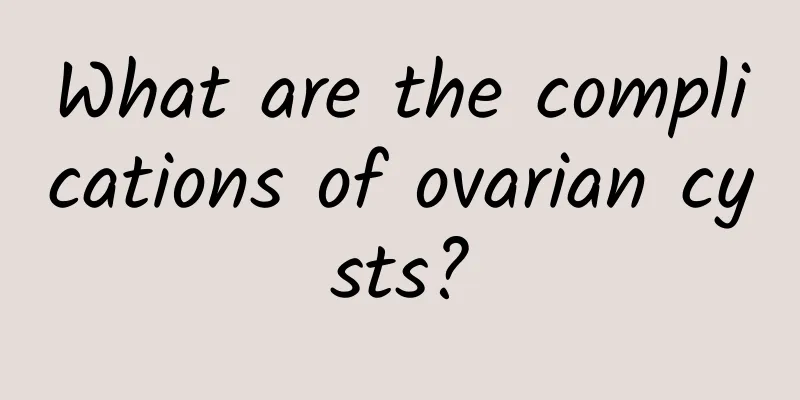
|
Ovarian cysts are more common in life. The cause is related to genetic factors, lifestyle factors and endocrine factors, which harm the ovarian health of more women, causing abdominal pain, bloating and menstrual cycle disorders. As a woman, you should pay attention to the health of the ovaries and start treatment quickly after the onset of the disease, otherwise other diseases will occur. What are the complications caused by ovarian cysts? 1. Pedicle torsion: Generally speaking, the pedicle of an ovarian cyst is composed of the pelvic infundibulum ligament and the fallopian tube. When the patient's position changes suddenly, the pedicle torsion will occur. During this period, the patient suddenly feels pelvic abdominal pain, accompanied by nausea or vomiting symptoms. After the doctor's diagnosis, surgery should be performed immediately, and the affected side attachment should be removed during the operation. 2. Cyst rupture: Cyst rupture is also a complication caused by ovarian cysts, which can be spontaneous or traumatic, and can cause severe abdominal pain, nausea, and vomiting. When the cyst size increases, the risk of rupture increases significantly. 3. Infection: Cold is a rare phenomenon, which can easily occur secondary to torsion or rupture, thus aggravating the condition of patients with ovarian cysts. 4. Malignant transformation: If the tumor grows rapidly and occurs on both sides of the ovary, attention should be paid to malignant changes, and if necessary, auxiliary examinations such as tumor indicators should be combined for diagnosis. If patients delay for a long time, they will face the risk of malignant changes. It can be seen that ovarian cysts should not be ignored. After the onset of the disease, the appropriate treatment method should be selected according to the patient's age and cyst size. Only active treatment can control the progression of the disease. The complications of ovarian cysts are introduced above. Therefore, ovarian cysts should not be ignored. They are very harmful. Treatment should not be neglected after the cyst occurs in the ovary. Treatment as soon as possible can improve the patient's condition. If the cyst is large, the patient should be given surgical treatment, and at the same time, the patient should cooperate with postoperative care and eat a balanced diet during the onset of the disease. |
<<: 4 symptoms of uterine fibroids
>>: Will yellow leucorrhea with odor affect menstruation?
Recommend
Is it normal to have yellow and bloody discharge after cervical erosion repair?
Cervical erosion is a former name, which has now ...
Can I know if the blood BHCG is an ectopic pregnancy?
Can I know if the blood BHCG is an ectopic pregna...
Low-calorie menu selection to reduce weight without sacrificing health
If you want to lose weight, reducing your nutrien...
Wake up those lazy muscles! Practice these 3 TRX moves quickly and your abdominal muscles will not be wasted!
The "abdomen-showing era" has arrived. ...
Proper exercise for women can help prevent dysmenorrhea
The occurrence of dysmenorrhea has an impact on w...
Which hospital is good for treating functional uterine bleeding?
Functional uterine bleeding usually leads women t...
Obesity has 5 landmines! Avoid nuts after 7pm
"Strange! Why can't I lose weight?"...
10-minute simple fitness yoga (Part 1)
Yoga is a magical health care method that has bee...
What should you pay attention to after an abortion?
What should you pay attention to after an abortio...
What is the unit for measuring the size of uterine fibroids? Is it centimeters or millimeters?
What is the unit of measurement for uterine fibro...
How long does it take to get menstruation after hysteroscopic surgery for uterine fibroids
After hysteroscopic surgery for uterine fibroids,...
Drinking soup for one meal a day can help you lose weight? Adding spices + doing these things works better!
When it comes to weight loss, the first thing tha...
The worst thing about losing weight is being too hungry! These foods can help you curb your uncontrolled appetite
When it comes to losing weight, the first thing t...
Can an ovarian cyst go away on its own?
Can ovarian cysts go away on their own? Ovarian c...
Drink Coix Tea 4 slimming teas to inhibit fat accumulation
[Key Points]: Everyone wants to have a good figur...
